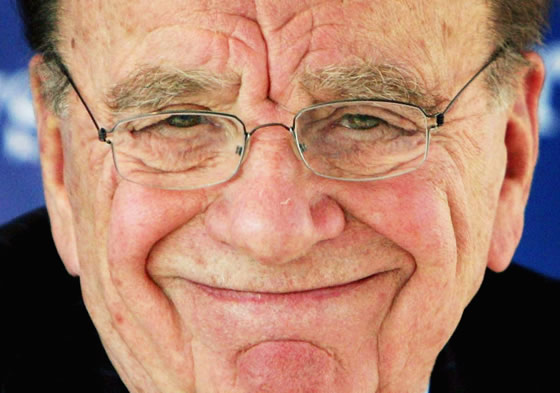

In art, as in commerce, a price tag traditionally has magical powers. With the flick of a wand, a pound sign confers desirability on an item that might be thrown away if it was handed out for nothing.
And yet for almost a decade now, quality entertainment and culture, as well as mainstream sources of news, have been freely available on the web. The arrival of the internet has seen musicians, publishers and news organisations all slowly float off together into uncharted waters.
Consumers who have grown up during the past 15 years are completely at home in a world where much of what they want to hear, see or read will cost them nothing. True, in the case of some films and TV shows, the practices involved may skirt around the law a bit. Generally speaking, though, culture has become a happy free-for-all. Now may be the time to pay the bill.
Chris Anderson, a leading American commentator on the web and editor-in-chief of Wired magazine, puts the matter concisely: "Somehow an economy had emerged around 'free' before the economic model that could describe it." Anderson's next book, Free: The Future of a Radical Price, will both celebrate and analyse the effect of all this giving-away.
[...]
One of the biggest players in the game last week questioned the rationale behind the current give-away culture. Rupert Murdoch, head of News Corp, even went so far as to refer to it as a "flawed" business model when he spoke to reporters in New York. The media mogul – who owns the Times, Sunday Times, Sun and News of the World in Britain, as well as Fox News and the Wall Street Journal in America – announced that he was considering charging for more of his internet sites.
"We are now in the midst of an epochal debate over the value of content and it is clear to many newspapers that the current model is malfunctioning," Murdoch said. His volte-face followed background news that profits from News Corp newspapers were down year-on-year from $216m to $7m and that British newspaper advertising revenues were down 21%.
Read more...
And yet for almost a decade now, quality entertainment and culture, as well as mainstream sources of news, have been freely available on the web. The arrival of the internet has seen musicians, publishers and news organisations all slowly float off together into uncharted waters.
Consumers who have grown up during the past 15 years are completely at home in a world where much of what they want to hear, see or read will cost them nothing. True, in the case of some films and TV shows, the practices involved may skirt around the law a bit. Generally speaking, though, culture has become a happy free-for-all. Now may be the time to pay the bill.
Chris Anderson, a leading American commentator on the web and editor-in-chief of Wired magazine, puts the matter concisely: "Somehow an economy had emerged around 'free' before the economic model that could describe it." Anderson's next book, Free: The Future of a Radical Price, will both celebrate and analyse the effect of all this giving-away.
[...]
One of the biggest players in the game last week questioned the rationale behind the current give-away culture. Rupert Murdoch, head of News Corp, even went so far as to refer to it as a "flawed" business model when he spoke to reporters in New York. The media mogul – who owns the Times, Sunday Times, Sun and News of the World in Britain, as well as Fox News and the Wall Street Journal in America – announced that he was considering charging for more of his internet sites.
"We are now in the midst of an epochal debate over the value of content and it is clear to many newspapers that the current model is malfunctioning," Murdoch said. His volte-face followed background news that profits from News Corp newspapers were down year-on-year from $216m to $7m and that British newspaper advertising revenues were down 21%.






.png)





No comments:
Post a Comment